Weekly Newsletter
Curated articles every weekApplied Sports Science Weekly Digest #357
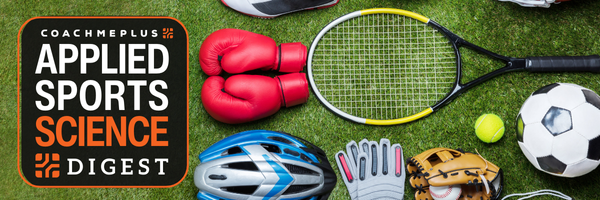
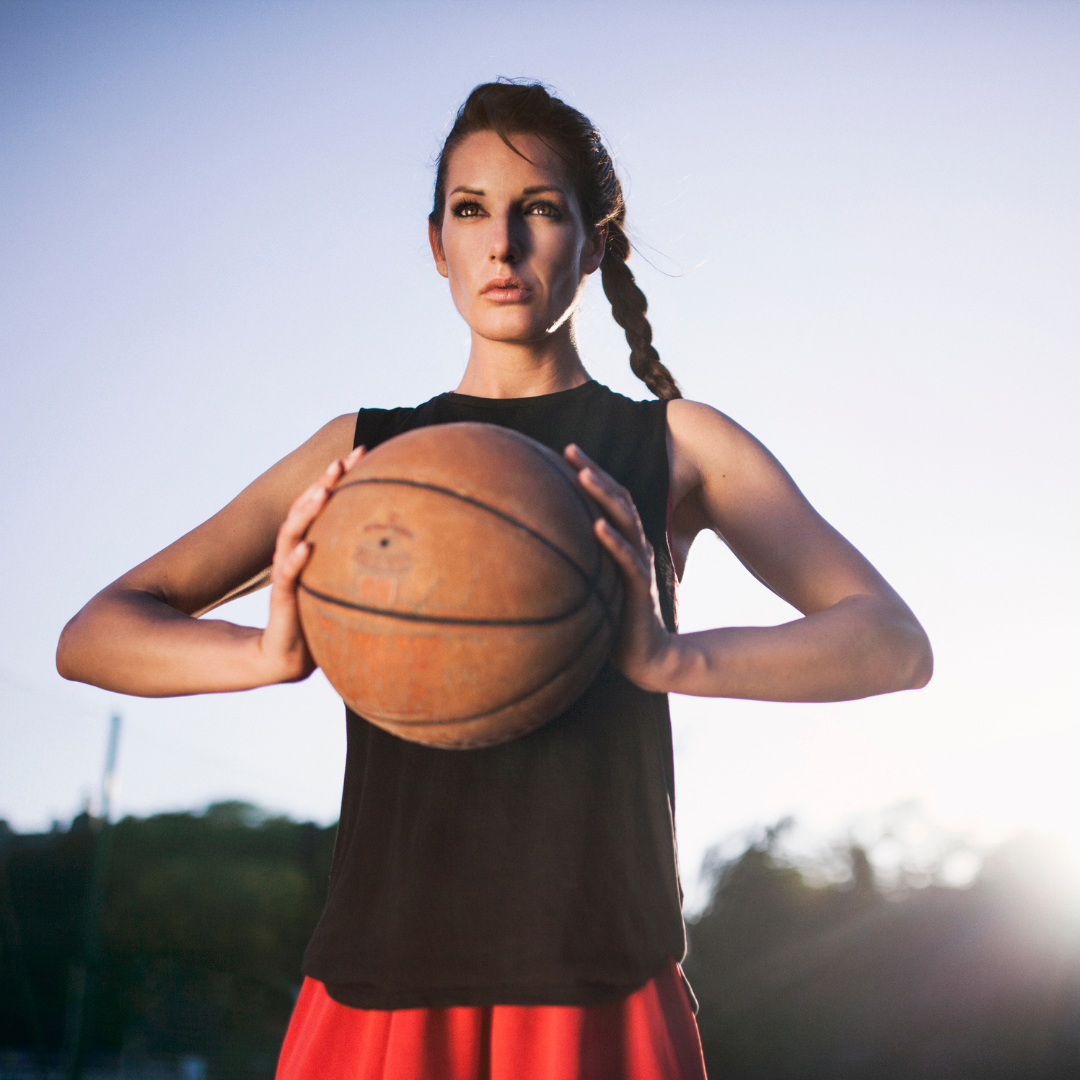
Frontiers in Sports and Active Living | June 2024
Differences in anthropometric and vertical jump force-time characteristics between U16 and U18 female basketball players
“The findings reveal significant differences in body composition and lower-body neuromuscular performance characteristics between female basketball players ages 16 and 18.“
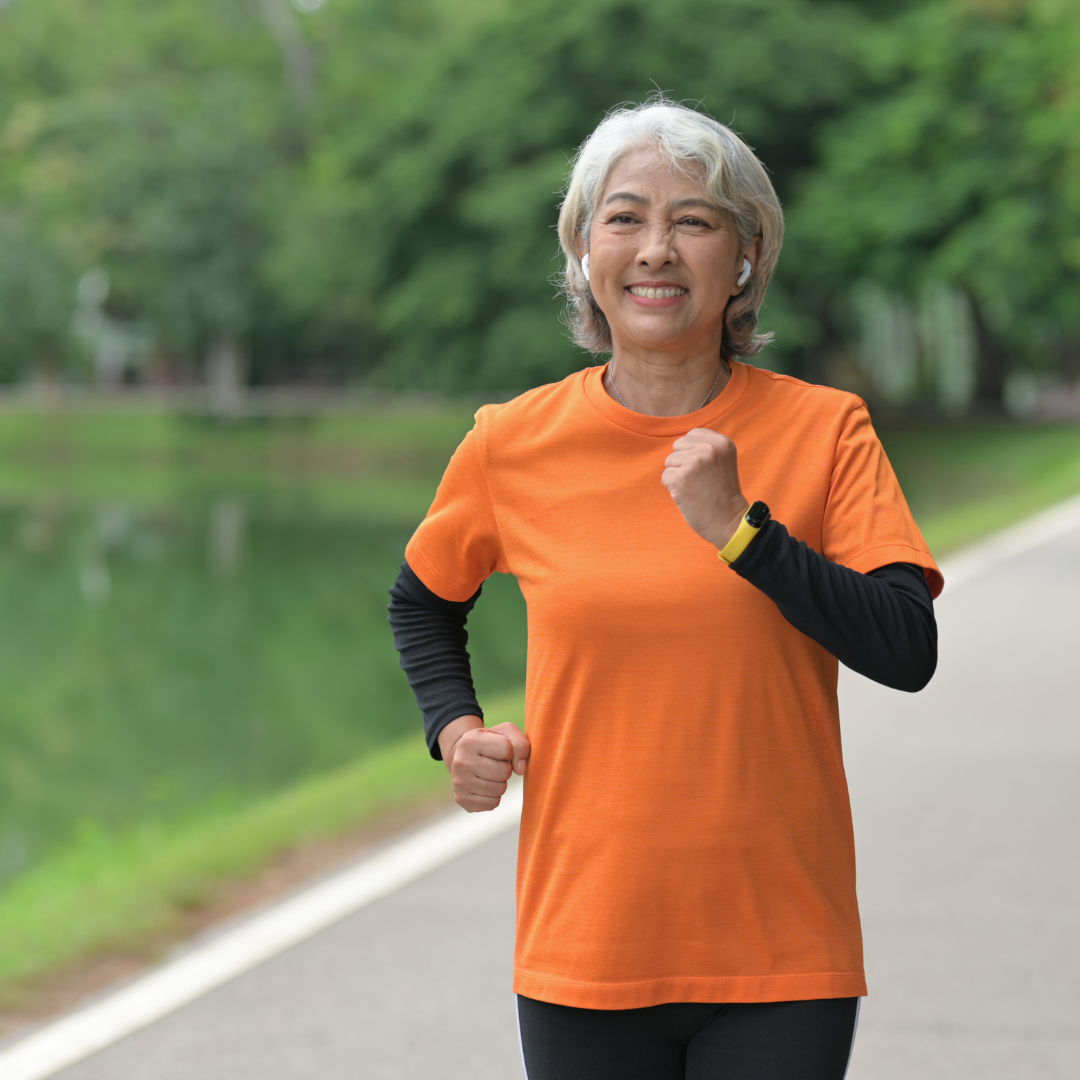
Frontiers in Sports and Active Living | June 2024
Estimating cardiorespiratory fitness in older adults using the international physical activity questionnaire
“Using non-exercise, easily accessible measures can yield acceptable estimates of cardiorespiratory fitness in older adults, which should be further validated in other samples and examined in relation to public health outcomes.“
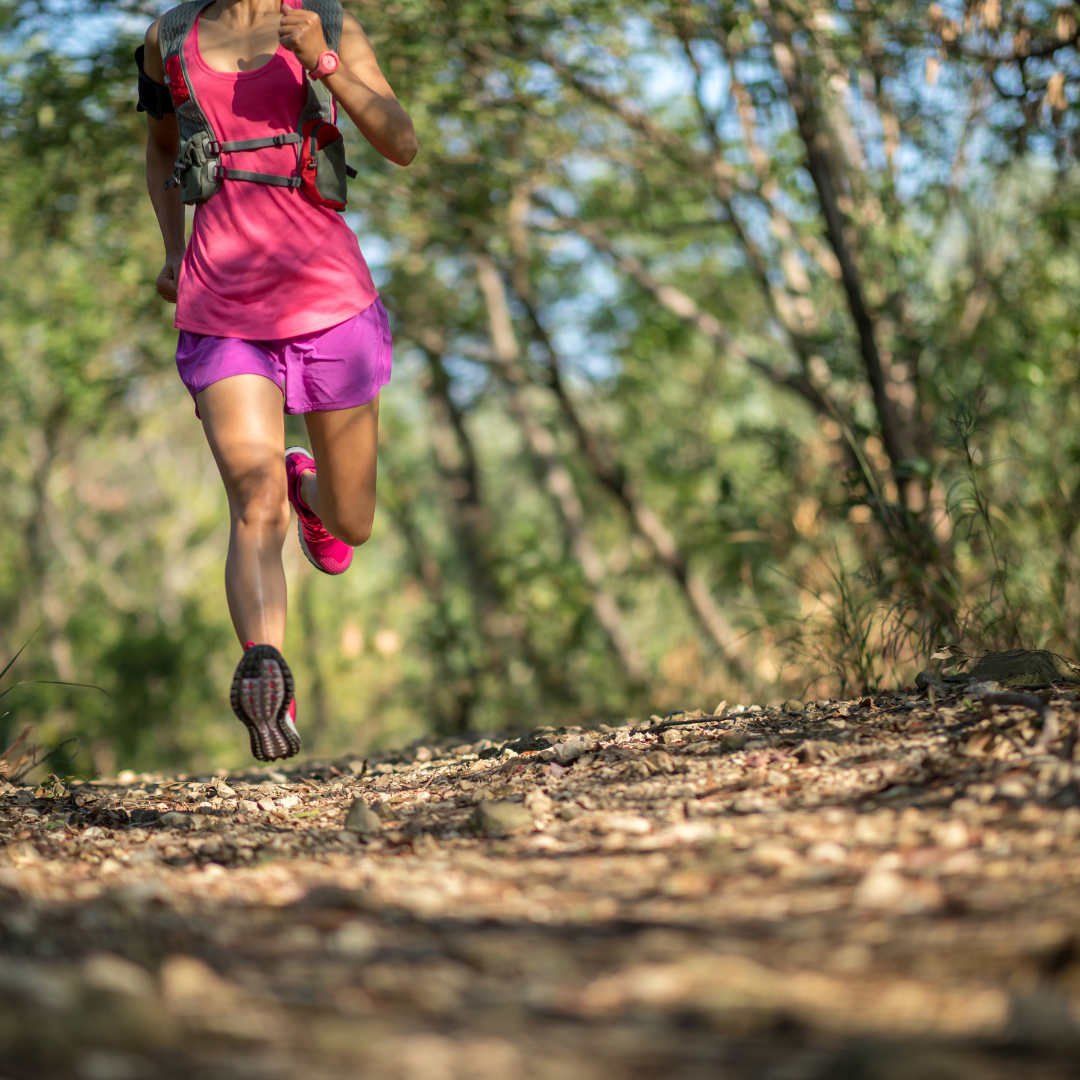
Frontiers in Sports and Active Living | June 2024
Spatiotemporal parameters and kinematics differ between race stages in trail running—a field study
“To optimize performance in trail running, coaches and practitioners are advised to work on different (incline-specific) aspects of running technique.“

Journal of Science and Medicine in Sport | June 2024
The multi-dimensional impacts of injury on physically inactive women’s participation in sport and physical activity: insights from concept mapping
“A holistic approach is fundamental to understanding how the multi-dimensional impacts of injury and recovery affect physically inactive women.“
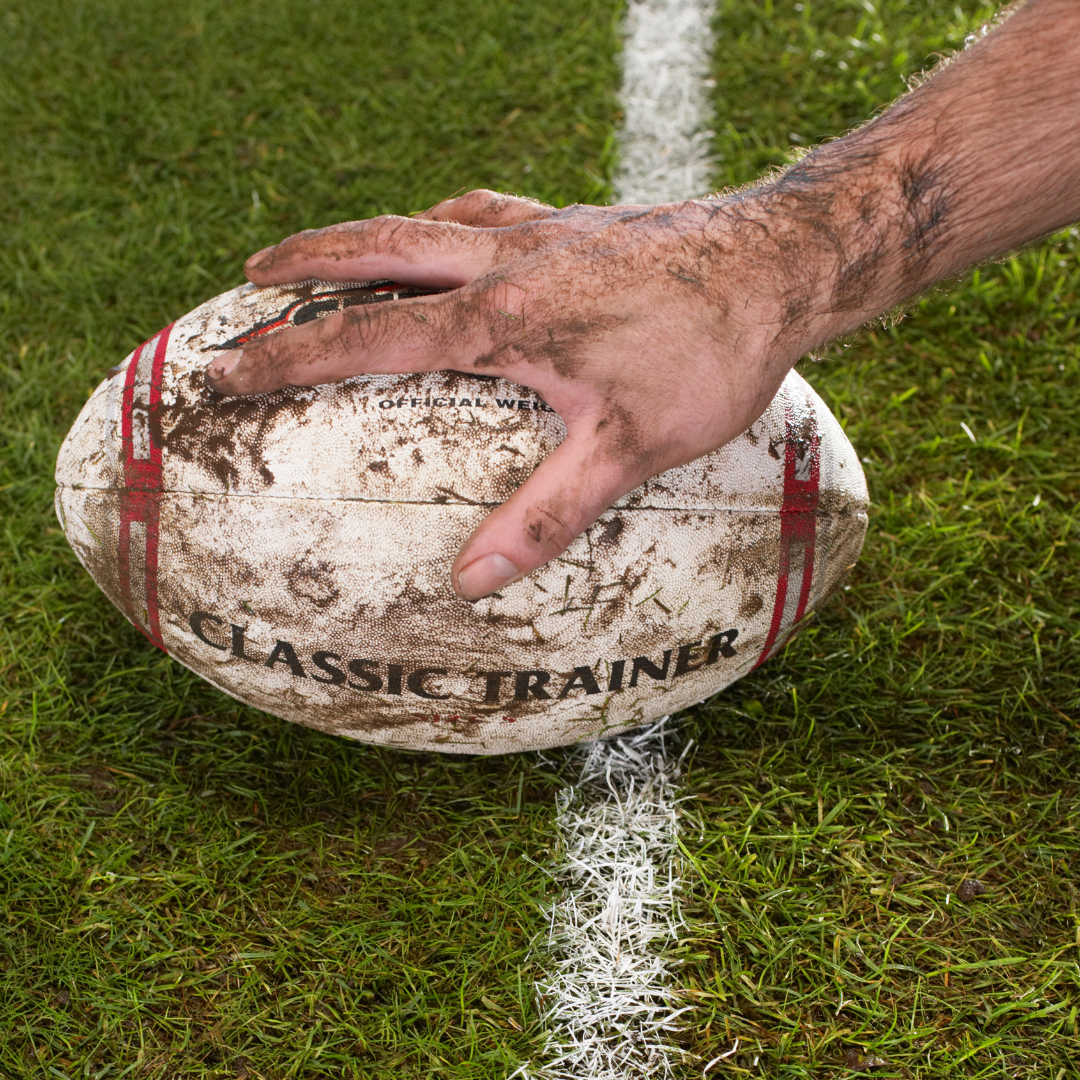
Sports Medicine | June 2024
The Incidence and Propensity of Head Acceleration Events in a Season of Men’s and Women’s English Elite-Level Club Rugby Union Matches
“These data offer valuable benchmark and comparative data for future research, HAE mitigation strategies, and management of HAE exposure in elite rugby players.“
Newsletter History
Applied Sports Science Weekly Digest #335
Frontiers in Sports and Active Living | January 2024Good organizational practices to encourage women high-performance coaches in sports"Increased physical literacy could be a relevant factor for achieving greater academic performance in adolescents. This study has...
Applied Sports Science Weekly Digest #334
Frontiers in Sports and Active Living | January 2024The effect of attending rehabilitation after traumatic knee joint injury on femoral articular cartilage morphology in collegiate rugby players with a history of intracapsular knee joint injury during two-year...
Applied Sports Science Weekly Digest #333
Frontiers in Sports and Active Living | January 2024Noisy condition and three-point shot performance in skilled basketball players: the limited effect of self-talk"Results indicated that the static three-point shots performance was significantly affected by the noisy...
Research Articles
Suggested articles for further readingBODY COMPOSITION
Jackson, A and Pollock, M. Generalized equations for predicting body density of men. British Journal of Nutrition. 1978;40:497-504. Abstract
Siri, W. Body composition from fluid space and density. Brozek & A. Hanschel (Eds.), Techniques for measuring body composition. 1961;223-244. Abstract
Brozek, J, Grande, F, Anderson, J, and Keys, A. Densitometric analysis of body composition: Revision of some quantitative assumptions. Annals of the New York Academy of Sciences. 1963;110:113-140. Abstract
INJURY PREVENTION IN YOUTH ATHLETES
Chu, D., A. Faigenbaum, and J. Falkel. Progressive Polymetrics for Kids. Monterey, CA: Healthy Learning. 2006
Hewett, T. G. Myer, and K. Ford. Reducing knee and anterior cruciate ligament injuries among female athletes. J Knee Surg 18:82-88. 2005.
Micheli, L. Preventing injuries in sports: What the team physician needs to know. In: F.I.M.S. Team Physician Manual, 2nd ed., K. Chan, L. Micheli, A. Smith, C. Rolf, N. Bachl, W. Frontera, and T. Alenabi, eds. Hong Kong: CD Concept. 2006. pp. 555-572.
RPE (RATING OF PERCEIVED EXERTION)
Pandolf, K, Billings, D, Drolet, L, Pimental, N, and Sawka, M. Differentiated ratings of perceived exertion and various physiological responses during prolonged upper and lower body exercise. European Journal of Applied Physiology and Occupational Physiology. 1984;53:5-11. Abstract
Baden, D, McLean, T, Tucker, R, Noakes, T, and St Clair Gibson, A. Effect of anticipation during unknown or unexpected exercise duration on rating of perceived exertion, affect, and physiological function. J Sports Med. 2005;39:742-746. Abstract
SLEEP
For a more thorough list about sleep, check out Fatigue Science’s extensive research page.
Russel, C., PhD, J.A., PhD, Arand, D., PhD, Myers, L.J., PhD, Wubbels, P., BS, and Downs, H., PhD. Validation of the Fatigue Science Readiband™ Actigraph and Associated Sleep/Wake Classification Algorithms. Archinoetics, LLC.
Globe and Mail. The Globe and Mail, 31 Dec. 2014. Web. 13 Apr. 2015. Article
Mah CD; Mah KE; Kezirian EJ; Dement WC. The effects of sleep extension on the athletic performance of collegiate basketball players. SLEEP 2011;34(7):943-950.
GPS (GLOBAL POSITIONING SYSTEM)
Varley M, Fairweather I and Aughey R. Validity and reliability of GPS for measuring instantaneous velocity during acceleration, deceleration and constant motion. Journal of Sports Sciences. 2012;30(2):121-127. Abstract
Boyd L, Ball K and Aughey R. Quantifying external load in Australian football matches and training using accelerometers. I J Sports Phys and Perf. 2013;8(1):44-51. Abstract
Gabbett T. Quantifying the physical demands of collision sports; does microsensor technology measure what it claims to measure? J Strength and Conditioning Research. 2013;27(8):2319-2322. Abstract
HYDRATION
For a thorough list of publications about hydration, visit the Gatorade Sports Science Institute Publications page.
Osterberg, K, Horswill, C, and Baker, L. Pregame urine specific gravity and fluid intake by National Basketball Association players during competition. Journal of Athletic Training – J ATHL TRAINING. 2009 01-02;44(1):53-7. Abstract
Godek, S, Peduzzi, C, Burkholder, R, Condon, S, Dorshimer, G, and Bartolozzi, A. Sweat rates, sweat sodium concentrations, and sodium losses in 3 groups of professional football players. Journal of Athletic Training. 2010 Jul-Aug; 45(4): 364–371. Abstract
WELLNESS QUESTIONNAIRE
Hooper, S, Mackinnon, L. Monitoring overtraining in athletes: recommendations. Sports Med. 1995;20(5):321–327.
McLean, B, Coutts, A, Kelly, V, McGuigan, M, and Cormack, S. Neuromuscular, endocrine, and perceptual fatigue responses during different length between-match microcycles in professional rugby league players. International Journal of Sports Physiology and Performance. 2010;5:367-383. Abstract
HRV (HEART RATE VARIABILITY)
Holman, A and Ng, E. Heart rate variability predicts anti-tumor necrosis factor therapy response for inflammatory arthritis. Auton Neurosci. 2008;143:58-67. Abstract
Fomin, R and Nasedkin, V. Effective management of athlete preparation: a comprehensive approach to monitoring of athlete’s individual readiness. White paper, Omegawave, ePub. 2013.
FORCE PLATE
Linthorne, N. Analysis of standing vertical jumps using a force platform. American Journal of Physics. 2001. Abstract
Guillaume L, Wagner P, and Tombleson T. Countermovement jump height: gender and sport-specific differences in the force-time variables. Journal of Strength and Conditioning Research. 2013. Abstract
ithlete. Guide to training with heart rate variability (HRV). HRV Fit Ltd. 2012. Download
